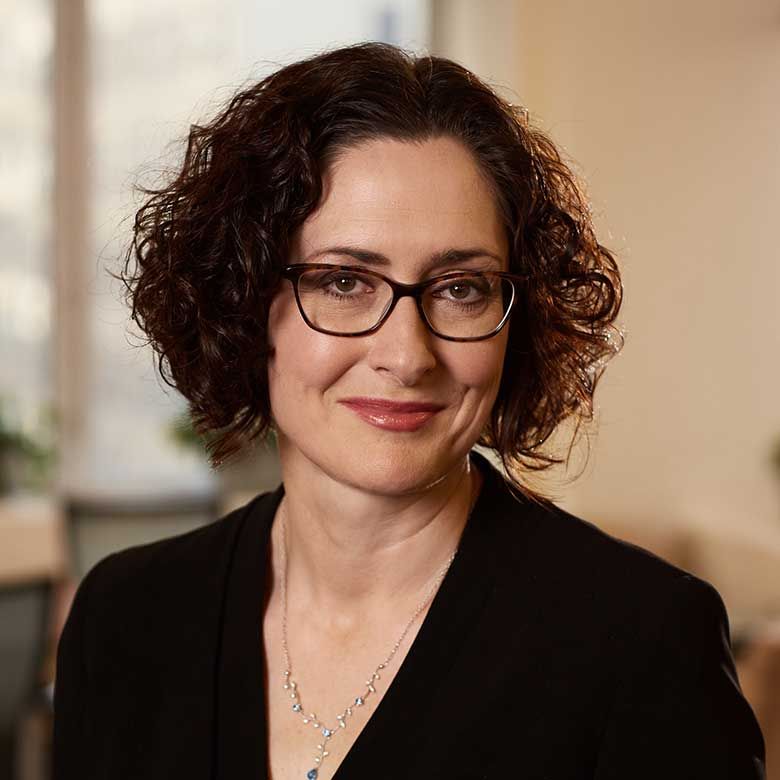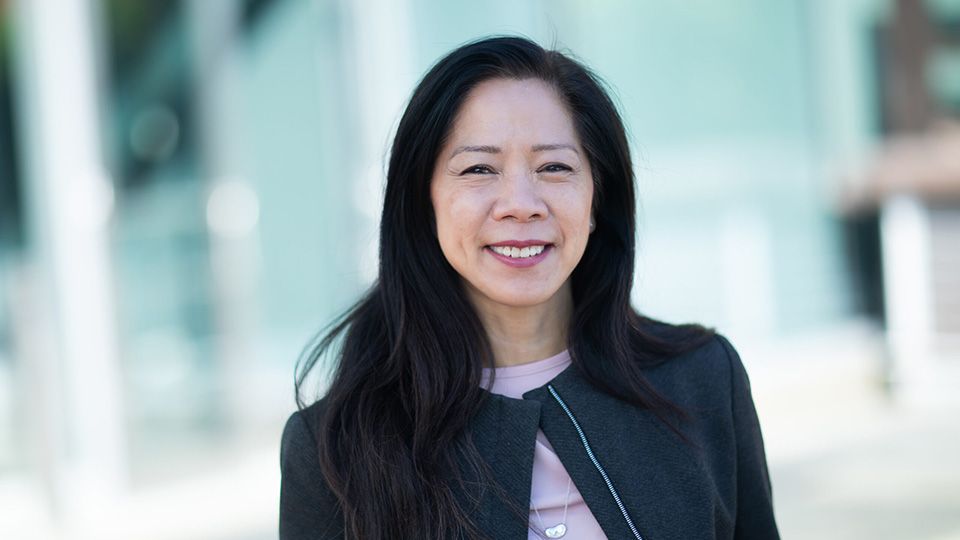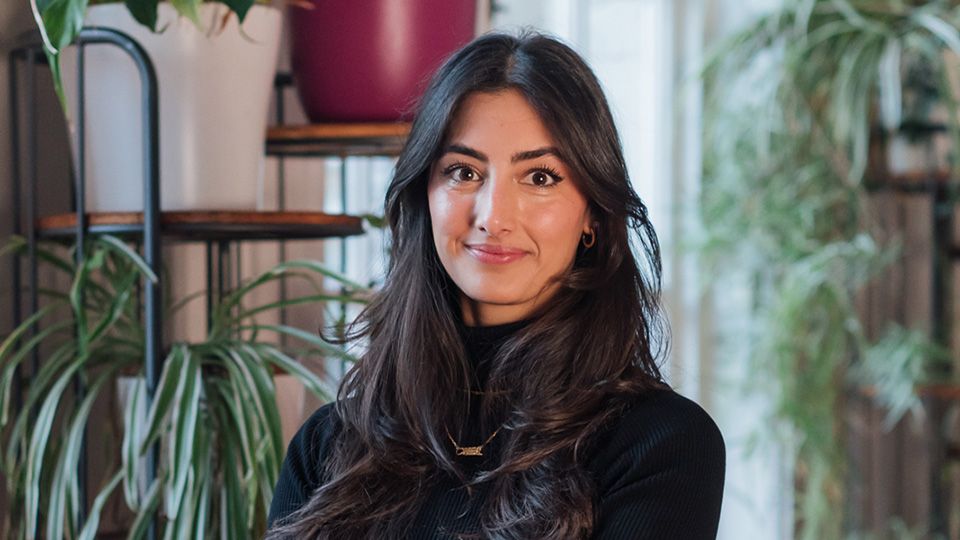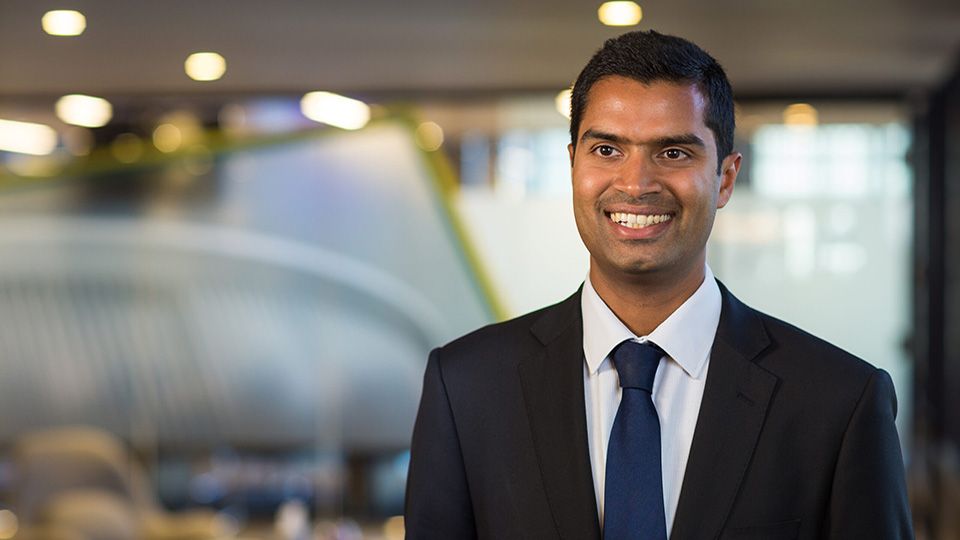Amy O’Brien, global head of responsible investing at Nuveen, has been with the firm and its parent company, TIAA, for 17 years. She’s seen a lot of changes in the sustainable investment industry, from graduating during the Earth Summit, through the first Freshfields report on fiduciary duty and sustainability, to now. Here she talks to ESG Clarity about policy expectations in the US, ESG risks and opportunities and what gets her out of bed every day.
What approach to sustainable investing does Nuveen take in the US?
We look at three things across all asset classes: ESG integration, stewardship, and impact measurement and management. The needs of our three main types of clients are different, so there’s different approaches and education. There’s still bottlenecks when clients go to implement – a lot of clients work with advisers in the US and want their advisers to be engaging with them on these issues. We have an adviser boot camp, we work with our strategic partners to deliver training on these issues, and this year we’re also working on trustee training. So much has changed. This field looks nothing like it did when I entered it more than 25 years ago. For example, the toolkit has broadened. It’s not just engage or divest as the only options – those days are over.
One thing I’m focused on this year is – our field still comes across as academic, there’s a lot of jargon, and we have to seriously look at that and the impact it has on clients’ understanding. The DOL’s ESG “rule” is also a great opportunity this year to reengage clients.
Is there other policy work you hope or expect to see in the US?
It’s popping up everywhere, and we’re seeing things getting asset-class specific. Our parent company is an insurer so we’re seeing [ESG developments] in some of the insurance regulation as well.
Rightly so, disclosure requirements are now turning from portfolio companies to us as well. Our biggest regulator in New York, for a lot of US companies, is the New York State Department of Financial Services, which is very active in setting some new climate disclosure for us. We’ve all worked a lot on disclosure and reporting, but there has not been enough focus on [developing those companies’ ESG credentials]. Who gets to decide what’s good? We are moving from data that used to just be about the performance assessment of a company to, what are the outcomes these companies are having on environmental and social issues? And now governance is expanding too, with the invasion of Ukraine, it’s about companies promoting democracy.
See also: – Podcast: Putting pressure on regulators
What are the biggest risks and opportunities in the US for ESG?
We’ll see some blending or merging of topics, and that’s really helpful. We had green bonds, now we also have social bonds, so those topics are coming together in investment opportunities. We’re going to still be extremely focused on climate. We have typically seen variety in how companies are responding to the future risk [that] climate change poses to their business, with some outside the US embracing transition opportunities sooner, but that’s starting to change. If we are smart as an industry and engage with our clients on this, then we can bring the net-zero conversation to the next level.
What brings you into work every day?
I love this field for a couple of reasons. This field didn’t really exist when I got out of graduate school in the mid-90s. I graduated when the Earth Summit was happening in 1992, and I was attracted, like many of us at the time, to the issues. But also the multi-stakeholder nature of these [is what attracted me] – there’s the economic piece, there’s a legal piece, there’s the societal piece, public policy, etc. Every day is different. That is the best part of this job, and you learn something new every day. It’s challenging, but you can make a difference.









